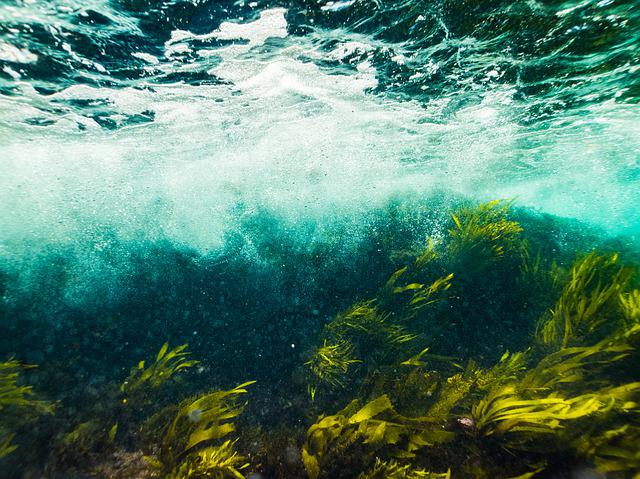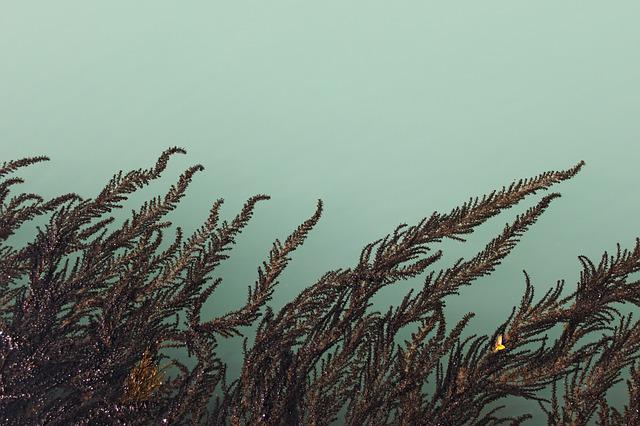
Phycology is the study of algae.
Phycology is the scientific discipline that is dedicated to studying algae . Also known as algology , it is a specialization that is part of the field of botany .
Overview
Algae are thallophyte plants (they have a thallus) that usually live in the aquatic environment . They can be multicellular or unicellular species that generally have chlorophyll accompanied by pigments of various colors.
Although phycology focuses on the analysis of these living beings , considered the most important photosynthesizers of a large part of aquatic ecosystems, it can also investigate cyanobacteria , which were previously called blue-green algae .
The knowledge generated by phycology is significant since, in one way or another, algae are linked to the rest of the organisms that live in water . Phycological experts provide information about the characteristics of these beings and help protect them.
It should be noted that products derived from algae are used in multiple areas: as fertilizers in agriculture , as a dye in the food industry, etc. That is why phycology, beyond its contributions to botany, also has relevance on the economic level.
History
It is impossible to separate the history of phycology from botany, since from the beginning the study of different kinds of living beings has coexisted in this branch of biology, including mycology , for example, which focuses on fungi. In fact, from the beginning of botany, interest in algae appeared, and was supported by taxonomy, ethnobotany and other subdisciplines, to achieve an evolution that would allow chemical studies at the level of the macromolecule .
Dioscorides and Theophrastus, among other scientists from ancient Greece, are among the first to have studied the characteristics of these "sea plants" (as they called them) that we know today as algae. Throughout the 1500s and 1600s they were included in botanical inventories, and were generally classified in the context of cryptogams , all those plants that do not have seeds (other names by which they are known are acotyledons and sporaphytes ). .
Gaspar Bauhin called them cryptogamous in his work entitled Prodromus theatri botanica . Linnaeus, on the other hand, when writing Species Plantarum , a work published in 1753, distinguished them from other cryptogams by certain features that he noticed in them.
Phycology and health
Phycology even contributes to human health care. When certain microalgae proliferate in a body of water, a phenomenon called red tide occurs. Because these organisms generate toxins that can poison shellfish and fish, red tide causes harm to people who consume these animals. The contributions of phycology to understanding and minimizing red tide are therefore valuable.

For a long time, botanists did not associate marine algae with freshwater algae.
Etymology
The term phycology is a neologism that is formed with the Greek components phykos ("sea plant, algae") and logos ("treaty, word") and the suffix -ía ("quality"). From phykos we also obtained the root -ficea , which we find in words such as rhodophycea, chlorophycea, heterocontophycea, chrysophycea and cyanophycea , among others, which designate types of algae (in this case, red, green, flagellated, golden and blue-green , respectively).
The first time it appeared in a written work was in 1847, by the botanist William Henry Harvey in his work Phycologia Britannica . In it he details the species that were found in the British Isles. Harvey also dedicated himself to medicine from 1844, although his main interest was always seaweed. It was not until the late 1870s that the term phycology began to be used to talk about freshwater algae.
